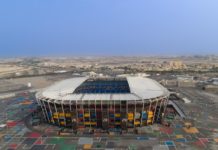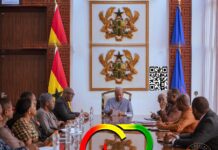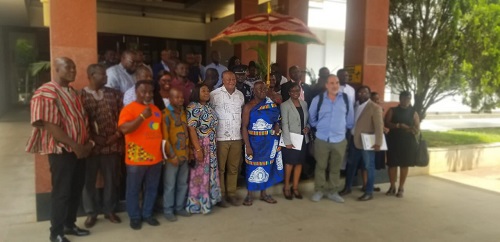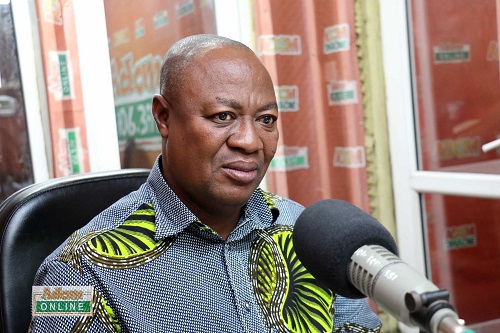
The European Union (EU) has made available 2.5 million Euros to fund a waste management services project in the Kumasi Metropolis of the Ashanti Region.
In this connection, a 25-member technical working and territorial management committee has been inaugurated to handle the project to ensure its successful execution
Made up of specialists from the Kumasi Metropolitan Assembly (KMA), judiciary, security agencies and traditional authority, the group would be responsible for advocacy and behaviour, coordination and financial mobilisation, and would help in the governance and execution of the project’s activities
The KMA, in collaboration with its development partners, Mancomunitat de la Ribera Alta(MANRA), Spain, and the Chamber of Praia, Cape Verde, has secured a technical assistance from the European Union Commission to implement the 30-month project dubbed, “Holistic Reinforcement For Sustainable Development(HORESD).”
As part of the technical assistance, the European Union Commission would provide the KMA with seven compactor trucks, thousands of containers, pilot recycle and composting plants as well as transfer of technical know-how and managing source-separate waste.
The 30 months project, which officially commenced on January 1,2022, would raise awareness throughout the general population and strengthen the local authorities of Kumasi for the implementation of the National Plan for Integrated Management of Municipal Solid Waste in Ghana.
It is expected to strengthen Kumasi’s capacity to provide public services, giving priority to an integrated management system of solid urban waste, boosting the circular economy in Kumasi with special emphasis on incorporating disadvantaged people or those at risk of social exclusion(women, young people and people with disabilities).
Mr Samuel Pyne, Metropolitan Chief Executive of Kumasi, inaugurating the groups, mentioned that the project would improve the delivery of public services through effective and efficient capacity building in both the structural and decision making systems of local authorities in the Kumasi Metropolis, which is the beneficiary city.
He said there would be training for green jobs through the setting up of a school for sustainable entrepreneurs on circular economy.
Mr Pyne was, therefore, full of hope that the project would change the mindset of the people to see waste as a resource capable of generating income not just as waste to be thrown around indiscriminately.
Soon, he noted, urban solid waste would no more be a headache and financial drain on the city authorities in the metropolis.
Dr Helder Moreira, the International Coordinator of the project, expressed determination to ensure the project yielded positive results to bring back the glory of Kumasi that used to be the garden city of West Africa.
Mr Joshua Tettey-Nortey, Local Project Coordinator, in a presentation, took the participants through the project outlines and spelt out the objectives.
He mentioned the need for the KMA to put in place structures to promote and ensure transparency to the citizens, road networks to be reorganised to make provisions for the placement of containers.
According to Mr Tetteh-Nortey, citizens would be levied service charges per year and there would be intensive and extensive education on source-separation emphasising that “citizens who refuse to practice source-separation will be punished.”



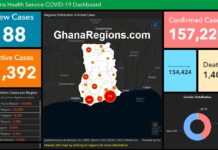
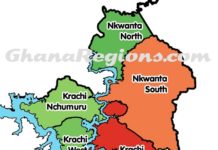
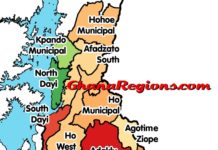
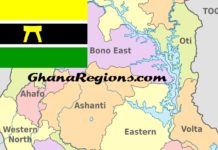












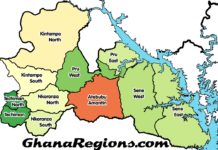
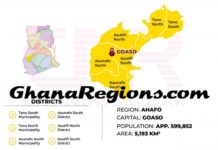


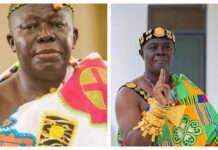
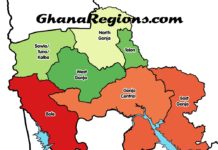

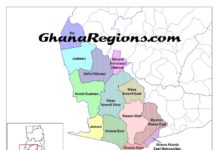
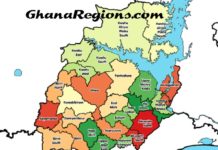







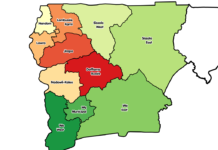
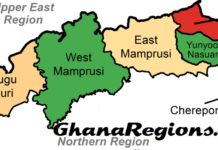
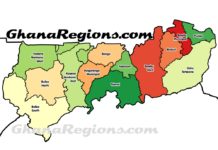

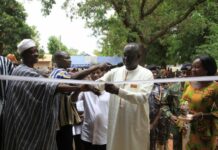










![Morocco knock out Spain on 3-0 penalties to reach FIFA World Cup 2022 quarter-final, Morocco vs Spain (0-0) (3-0) [Video]. Morocco knock out Spain on 3-0 penalties](https://ghanaregions.com/wp-content/uploads/2022/12/Watch-Morocco-vs-Spain-0-0-and-3-0-penalties-218x150.jpg)





